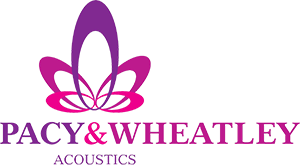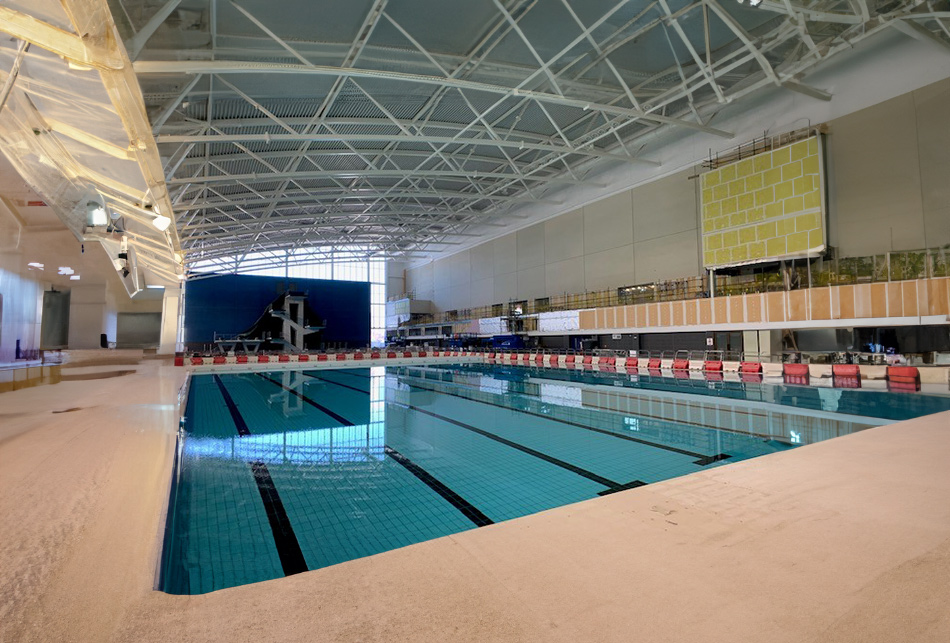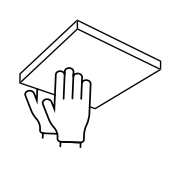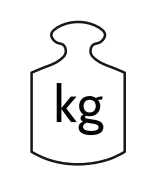What Is
Fade Acoustic Plaster?
Pacy & Wheatley provides expert installation of Ecophon Fade™ ONE Smooth acoustic plaster across the UK, offering a premium solution within our range of acoustic plaster systems.
This high-quality, perlite-based plaster delivers exceptional noise absorption, achieving up to Class A sound absorption, making it ideal for creating quieter, more comfortable spaces. Its versatility allows application on flat surfaces, with structured panel installations (1200×1200 mm, available in 15 mm, 25 mm, or 40 mm thicknesses), and is compatible with various installation methods, including direct fixing or suspended systems, though it requires airtight conditions for optimal performance.
Ecophon Fade™ ONE Smooth features an ultra-smooth, sanded finish in standard white (NCS S 1002-Y20R, 73% light reflectance) or can be customised with Fade Colour Dye for a fine-textured, coloured finish to suit your design vision. With its seamless aesthetics, ease of installation, and durable, non-combustible composition (meeting EN 13501-1 A2-s1,d0 fire standards), this plaster is perfect for diverse applications, from offices to auditoriums, though it’s best suited for controlled indoor environments due to limited humidity resistance.
Complete the short form below to explore how Pacy & Wheatley can enhance the acoustics of your project with Ecophon Fade™ ONE Smooth.
Ecophon Fade™ ONE Smooth
Ecophon Fade™ ONE Smooth is a spray-applied acoustic plaster boasting an ultra-smooth finish and straightforward installation. Combining aesthetic appeal with exceptional acoustic performance, it’s perfectly suited for a diverse array of applications. Available in standard white or customisable with Fade Colour Dye for a bespoke colour finish.
Light reflectance:73% (CIE Y)
Standard colour:White
NRC up to:0.90 (Achieved with 40mm thickness, 45mm o.d.s.)

The glass wool core of the tiles has been tested and certified as non-combustible in accordance with EN ISO 1182. Furthermore, it complies with the European fire safety standard EN 13501-1 A2-s1,d0, demonstrating exceptional fire resistance, minimal smoke emission, and no flaming droplets.


Test results according to EN ISO 354. Classification according to EN ISO 11654, and the single value ratings for Noise Reduction Coefficient, NRC and Sound Absorption Average, SAA according to ASTM C 423.
Specification
Fire safety
Designed with stringent fire safety standards. Its glass wool core is classified as non-combustible according to EN ISO 1182. It achieves a European fire rating of A2-s1,d0 under EN 13501-1
Humidity Resistance
Tested for humidity resistance under ISO DS/EN 6270-2 at 100% relative humidity and 40°C for 48 hours.
Visual Appearance
Features a standard white colour, closely aligned with NCS S 1002-Y20R and RAL 9010, delivering a light reflectance of 73% and a gloss level below 1 for a non-reflective, ultra-smooth surface.
Cleanability
Can be cleaned effectively to maintain its appearance. Dust and dirt are removable using a soft, dry brush or compressed air, ensuring the ultra-smooth finish remains intact
Accessibility
The system supports the installation of an inspection hatch.
Installation
It is compatible with multiple methods across 1200×1200 mm panels in 15 mm, 25 mm, or 40 mm thicknesses. These methods include direct screw fixing (M666), direct glue application (M667), suspended screw fixing (M668), suspended plasterboard with screw fixing (M669), and suspended plasterboard with glue (M670). For direct-to-grid installations, the building must be airtight to prevent dust deposits through the open-pored plaster system.
System weight
Varies by installation method. Direct fixed installations, whether mechanically fastened or glued, weigh approximately 3 to 7 kg per square meter. Direct mechanical installations to a suspended grid system range from 5 to 8 kg per square meter. Installations involving mechanical or glued attachment to plasterboard on suspended grids result in a higher weight of about 14 to 18 kg per square meter.
Mechanical Properties
Mechanical properties vary by installation. Additional loads require suspension system support or soffit mounting. Direct fixing (M666, M667) has 0 N load capacity; suspended screw fixing (M668) supports 50 N live load, 160 N capacity; suspended plasterboard (M669, M670) supports 40 N live load, 220 N capacity for all thicknesses.














